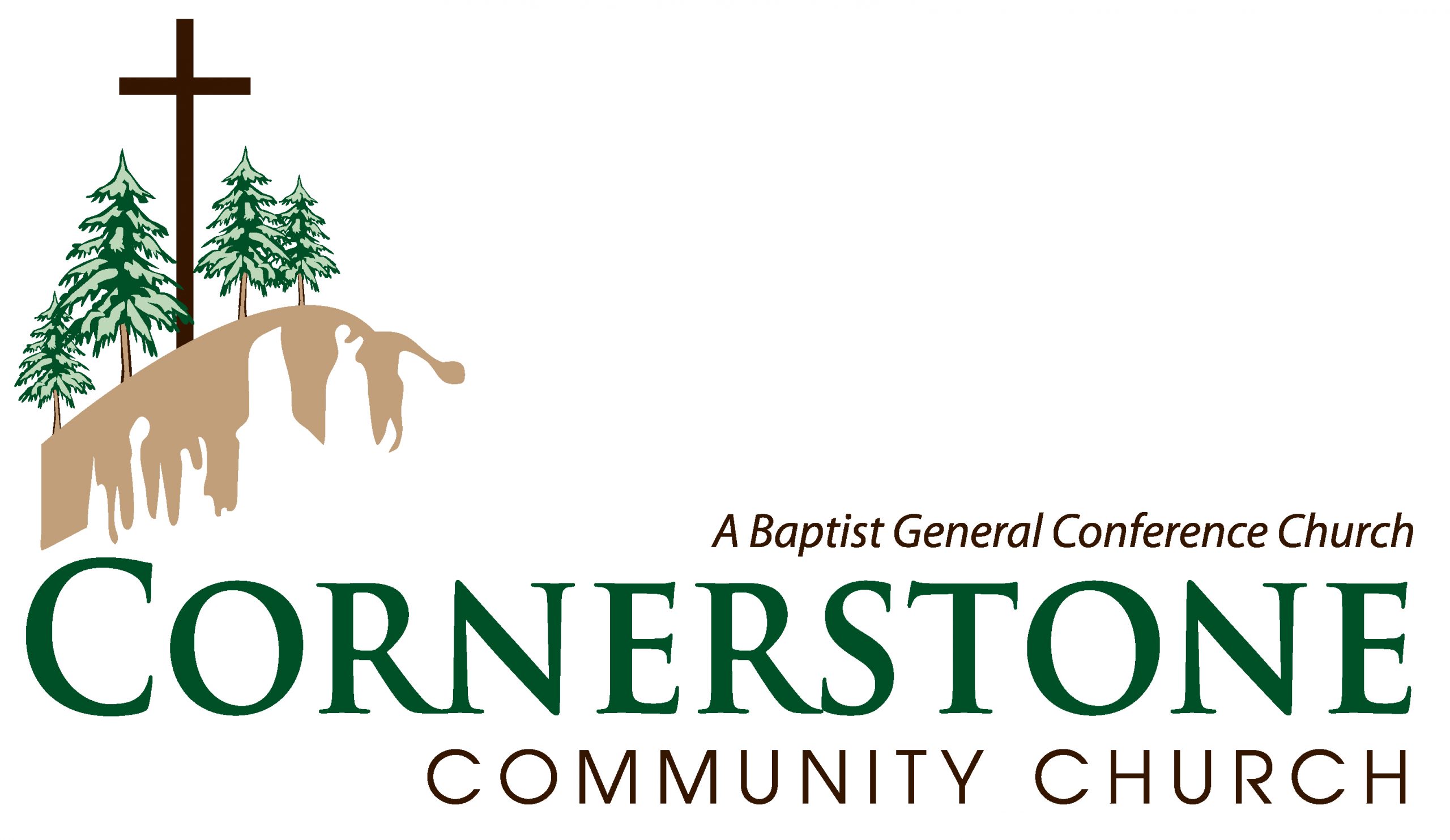Judging vs. Discerning
This column first appeared in the Cook County News-Herald, June 24, 2017. I did not know at the time that Grand Marais’ first ever gay pride march was to be held at 2:00 in the afternoon on the day the column was published. It seems to me God loves irony. Here are some thoughts regarding the difference between being judgmental and being discerning:
As religious faith in general and the Christian faith in particular become more and more maligned and marginalized in western culture, I find it intriguing how many people who discredit and disapprove of the Bible (Christianity’s primary book), people who have all too often never even read it, take great pleasure misquoting it in certain common circumstances. Of particular interest are the people who counter with the words, “Thou shalt not judge,” or some shortened variant like, “Judge not!” when their stated opinion or behavioral choice is rejected or opposed.
Ninety-nine point nine percent of the time I hear that phrase being uttered, it is offered as a kind of ultimate rebuke, a last ditch defense, a final resort from the lips of someone who has lost an argument about the moral validity of some perspective and hopes to end the discussion on a win by resolving their opponent to the level of personal hypocrisy. It usually goes something like this: “You’re a Christian and you are telling me something that directly opposes my point of view. Why don’t you do what Jesus said and stop judging me?”
I’ve seen more than one good, healthy discussion vaporize at the drop of this verbal, emotion-packed bomb. I’d like to suggest, though, that those who use the words of Jesus, “Judge not that ye be not judged,” usually use them incorrectly. You see, there is a real difference between “judging” someone, as Jesus uses the term in the instance most often misquoted, and striving for discernment, a pursuit held up as honorable and necessary.
To judge, as Jesus used the term, means to act as the final interpreter of a person’s character and the final authority over a person’s eternal outcome. To judge, as Jesus used the term, means to act in place of God, as if one knew all the secrets of another’s heart and could take wise and inclusive action in regards to their heart. That “judging,” that arrogant assumption that you or I can be the final judge over someone else’s entire person, is what Jesus intends us to avoid, if for no other reason (and there are more reasons) than that it is impossible for any of us to know all that is in another person’s heart (we don’t even know all that is in our own hearts) or to know with any degree of certainty at all what the final outcome of someone else’s life will be.
“Judging” however, is not the same as “discerning.” Discerning is a conscious effort to carefully and considerately explore the moral right and wrong of a situation, or an opinion, or an action, with the desire, in the end, to honor God and serve those involved. Discernment pursues the understanding of what is morally right and acceptable to God while trying to avoid what is morally wrong and unacceptable to God. Notice this: discernment is not about deciding whether one person thinks another person is right or wrong. Discernment is about understanding what moral position God holds in relation to the question under discussion. The standard for determining moral acceptability is God, not the speaker of the moment. Discernment has no desire to pigeonhole people (that would be “judging”) but for the sake of what is best for all to understand and embrace what God Himself has said is most like Himself in our thinking, our living, and our loving.
We would do well, all of us, I think, to learn the difference between “judging” and discernment. The difference is primarily a motive of the heart. The motive in “judging” is pride, self-exaltation. The motive in discernment is humility and love. To search carefully and considerately for the distinction God makes between what is good and what is evil, between what is right (according to Him) and what is wrong (also according to Him) is the necessary pursuit that gains what is best for all of us.


Mike
July 9, 2019 10:02 pmGreat posting! Thanks.
Phil
April 21, 2022 6:14 amJust read this in my men’s group bible study today and it truly expressed something that our group could only marginally describe. Thanks for this excellent comparision!
Charnae frierson
August 25, 2022 10:49 pmThanks
Summer
February 17, 2023 12:57 pmAmen! Thank you for sharing.
David Marquez
March 21, 2023 9:55 amWhen doing a Google search for “discern vs judge”, your page came up. I agree with you 110%. Although I feel I already knew the answer that Google search, I thank you for helping me put it into words. Words which can strengthen the something we are all need in this crazy & confused social mess; “The armor of God”. Thank You!
Qoheleth
October 14, 2023 9:06 amThank you so much for sharing this wisdom between judging and discerning.I’ve been struggling with this issue all the time when leaders of the church quote this Word of Jesus.God bless you more and more❤️
Mr.P
January 7, 2024 6:16 pmThank you for this article. It is clear and well written
Unfortunately, my concern is that the American Church does not practice righteous judgement (discernment) but instead categorizes people through the use of unrighteous judgement (cherry-picking sin). This has been going on a long time, and it has created great hostility from LGBTQ people who grew in up in Christian homes and witnessed this behavior. They have felt marginalized and cast aside by the church, yet others who engage in other sexual sins receive an abundance of grace and even a free pass to continue in their sin. Very few preachers will dare condemn to openly them for their behavior – it’s too risky, as many of the members would leave. We can not say that we are using spiritual discernment if we are attacking one sin that is prevalent and overlooking others – that is not righteous judgement, that is cherry-picking, pride and self-righteousness. Righteous Judgement stands on the entirety of scripture, not just the text that is most appealing to the masses or in-line with individual moral standards. But again, this article is well-written and takes the viewpoint and approach that a follower of Jesus should have.
Aman
March 6, 2024 9:28 pmNice work but unfortunately it lacks scriptures to support what is written